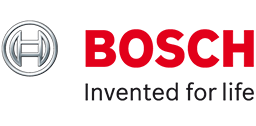| Line 10: | Line 10: | ||
| style="color:#000;" | <div id="mp-tfa" style="padding:2px 5px">'''Length:''' 3 hours | | style="color:#000;" | <div id="mp-tfa" style="padding:2px 5px">'''Length:''' 3 hours | ||
| − | '''Intended Audience:''' | + | '''Intended Audience:''' Engineers/scientists with prior knowledge of basic probability and state estimation (see,e.g., [2]). This is an intensive course in order to cover several important recent advances and applications. |
| − | '''Description:''' | + | '''Description:''' To provide to the participants the latest state-of-the art techniques to estimate the states ofmultiple targets with multisensor information fusion. Tools for algorithm selection, design and evaluation willbe presented. These form the basis of automated decision systems foradvanced surveillanceandtargeting.The various information processing con�gurations for fusion are described, including the recently solvedtrack-to-track fusion from heterogeneous sensors. |
| − | + | ||
| − | + | ||
'''Presenter:''' [mailto:ybs@engr.uconn.edu Yaakov Bar-Shalom] | '''Presenter:''' [mailto:ybs@engr.uconn.edu Yaakov Bar-Shalom] | ||
Revision as of 14:57, 24 February 2016
|









